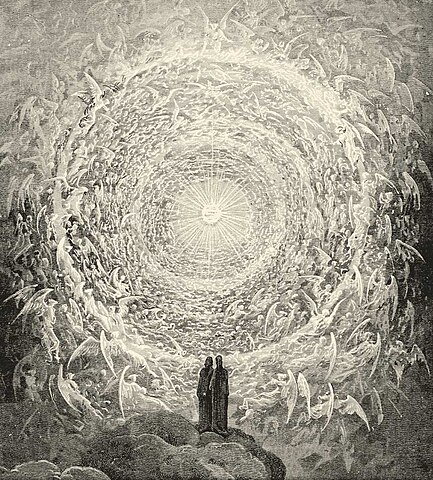In this part, we can clearly see the values that had once been considered most proper for a man of status like Childe Harold, as well as the state of his family's property after his scandalous living in his youth. He's now taking one last look upon his father's house, which had once been of sacred, religious use, now filled with only people of frivolous pleasure and desire.
We could consider there's a symbolic meaning to all this: Childe Harold could indicate any other young man in Great Britain, and of course, the father would be the kingdom itself.
The poet used the phrase Paphian girls to indicate the nature of their presence. Paphian comes from the word Paphos, the site where Aphrodite rose from the sea. Now you know.
 |
| Leda and the Swan mosaic art from ancient Paphos |
If we ever make Childe Harold a subject of psychoanalysis, we're probably gonna get some juicy results. He's got mood swings and his sorrow inexplicable. We see a man of riches yet poor in soul, with lots of acquaintances and subordinates yet no true friends.
In the final stanza of this part, we are further informed the extent of Harold's loneliness. His lady companions sought only his money and power, yet none of them loved him as he was. The comparison between Mammon: the creature of wealth and greed, and seraph: the celestial six-winged angel shows us crystal clear what Harold would actually prefer: his one true love instead of a carousel of fake, adorned, superficial mistresses.
 |
| Rosa Celeste: Dante and Beatrice gaze upon the highest Heaven, The Empyrean |
It's starting to look like Childe Harold's story is a lot like that of John Newton: a sinner, at least a self-acclaimed one who started his career at sea doing slave trade before realizing how wrong that was. He had a religious experience and voilà, Amazing Grace! Some of the more recent portrayals of John Newton involve presenting him as a man little enlightened in his youth, having to leave his native land to re-discover himself, and eventually true love awoke him and made him realize his holy responsibilities.
Well, if I'm not wrong, I see where Childe Harold might be going.



No comments:
Post a Comment